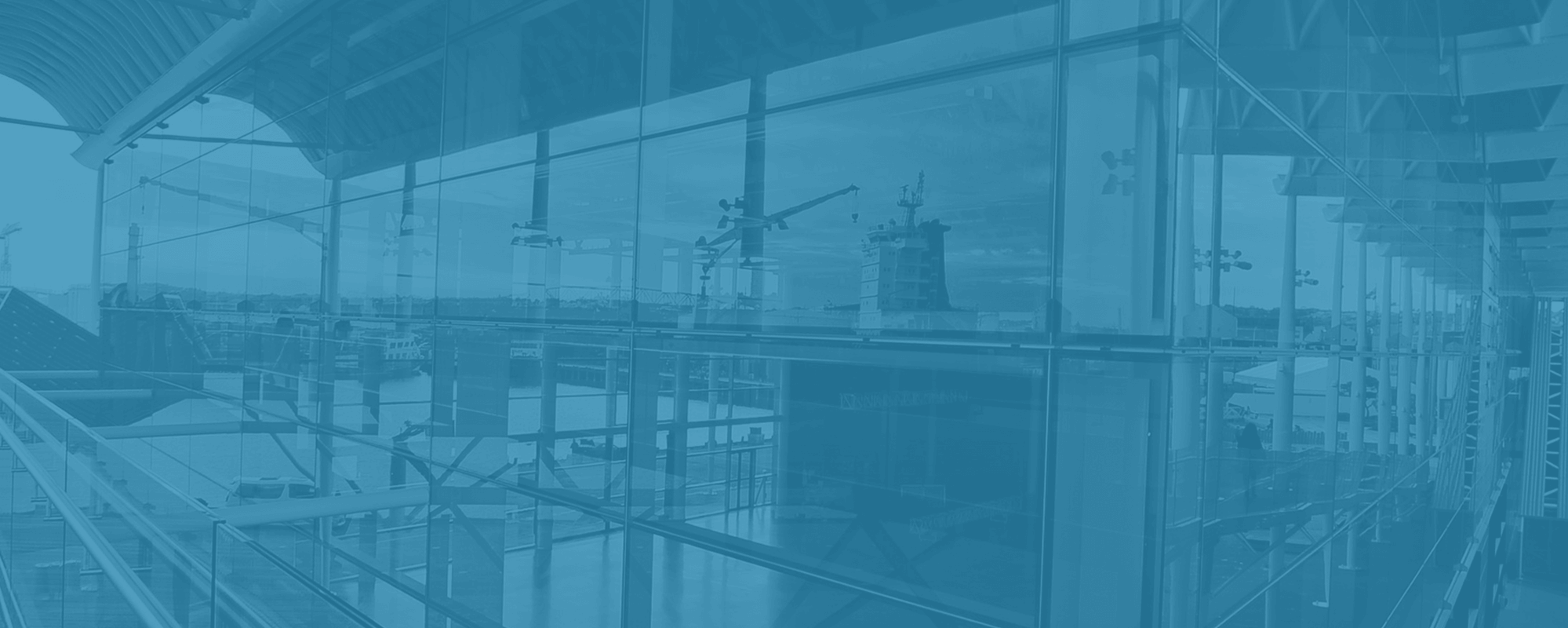Laboratory Supervisor, Virology & Immunology Lab - College of Veterinary Medicine

Anderson Center for Entrepreneurship & Innovation at University of Tennessee
Description
Laboratory Supervisor, Virology & Immunology Lab
College of Veterinary Medicine
The College of Veterinary Medicine invites applicants to apply for the position of Laboratory Supervisor, located in the Virology and Immunology Lab of the Biomedical and Diagnostic Sciences Department. The Laboratory Supervisor is responsible for directing, coordinating, and maintaining daily operations of the Virology & Immunology diagnostic laboratory units. Although they work under general supervision of the faculty Laboratory Director, Laboratory Supervisors frequently make independent decisions regarding laboratory operations and management. Laboratory Supervisors work closely with personnel of varying positions and rank, including fellow laboratory staff, individual faculty Laboratory Directors, the UTCVM Director of Diagnostic Laboratory Services, UTCVM Computer Operations personnel, the UTCVM Director of Referral Services, and personnel delivering laboratory specimens (including couriers and clinical faculty, staff, and students). Laboratory Supervisor responsibilities include: direct supervision and training of all laboratory personnel; oversight of laboratory safety and ensuring compliance with College and University safety policies and regulations; oversight and implementation of laboratory quality management procedures in all phases of testing; maintenance of laboratory instrumentation, equipment, and inventory; test cost analysis and billing of laboratory services; and laboratory customer service functions.
Qualifications
Typical Responsibilities:
Supervisory/Administrative Functions:
- Reviews, corrects if needed, and releases charges for laboratory tests performed in the hospital billing system. Submits billing for all tests performed, including as part of research projects.
- Summarizes and monitors monthly financial and test count data
- In consultation with the Laboratory Director, reviews and updates laboratory test costs annually or as needed and performs detailed cost analysis when needed
- Creates and maintains staff duty schedule
- Schedules and oversees the use of space, resources and laboratory equipment for laboratory staff and researchers
- Approves leave requests and worked time for all laboratory staff
- Conducts annual performance evaluations of laboratory staff
- Participates in the interviewing and hiring of new laboratory staff (permanent and temporary)
- Helps create, reviews, and approves laboratory standard operating procedures (SOPs)
- Implements laboratory policies such quality assurance procedures, chemical hygiene plan, and biosafety procedures; keeps laboratory personnel training records
- Reports workplace incidents, injuries and exposures, following institutional and state compliance measures for supervisors
- Oversees laboratory inventory of consumable supplies and approves supply orders
- Attends section meetings called by the faculty Laboratory Director and meetings called by the Director of Diagnostic Laboratory Services
- Serves on UTVMC committees and task forces as requested by the BDS Department Head
Laboratory Operational and Technical Functions/Diagnostic and Research Laboratory Testing:
- Provides operational and technical supervision of all laboratory areas. Assigns daily work, special projects, and areas of responsibility. Reviews work in progress for accuracy and completion.
- Accessions and prepares specimens for analysis
- Supervises reporting of patient data into the electronic medical record
- Performs procedures for viral isolation and identification including but not limited to microscopic, ELISA, fluorescent, serological and molecular diagnostic tests and all procedures to support these functions (e.g. maintenance of cell cultures, preparation of antigen slides).
- Provides oversight of all laboratory quality assurance and quality control procedures, including daily instrument QC and quarterly review of external quality assessment (EQA) program reports
- Troubleshoots suspicious patient data, quality failures, and instrument malfunctions, with a goal of problem characterization and resolution
- Troubleshoots and addresses laboratory operational challenges as needed (e.g., power outages, construction issues, etc.)
- Engages in emergency preparedness planning and strategic planning for the laboratory
- With faculty Laboratory Director, supervises new equipment acquisitions and assists with new test development/validation. Works with company field engineers to carry out new instrument/assay implementation and verification
- Advises researchers submitting samples to the laboratory regarding available tests, test costs, and sample submission requirements
- Participates in annual proficiency testing required for accreditation of applicable diagnostic tests.
- Analyzes and interprets scientific data, identifies areas of concern, and recognizes and resolves problems pertaining to diagnostic and research testing.
- Cooperates with Tennessee and federal regulatory authorities and the Tennessee State Diagnostic laboratory Director, as needed, regarding testing for reportable diseases and tests requiring USDA/NAHLN accreditation.
Teaching/Training Functions:
- Trains all laboratory staff regarding laboratory operations and procedures
- Develops course content and assists with teaching veterinary students in lectures and skills rotations
- Consults with internal and external laboratory clients (veterinary students, residents, interns, veterinarians, and veterinary staff) regarding specimen collection and may consult regarding patient results interpretation.
Minimum Qualifications:
- Bachelor’s Degree in biology, microbiology, medical technology, or related field
- At least 6 years of experience in a clinical laboratory setting or equivalent educational or supervisory experience
Preferred Qualifications:
- Supervisory or laboratory management training or experience
- Relevant post-graduate degrees or coursework
- Experience in QA/QC for diagnostic assays as well as regulatory agency training

